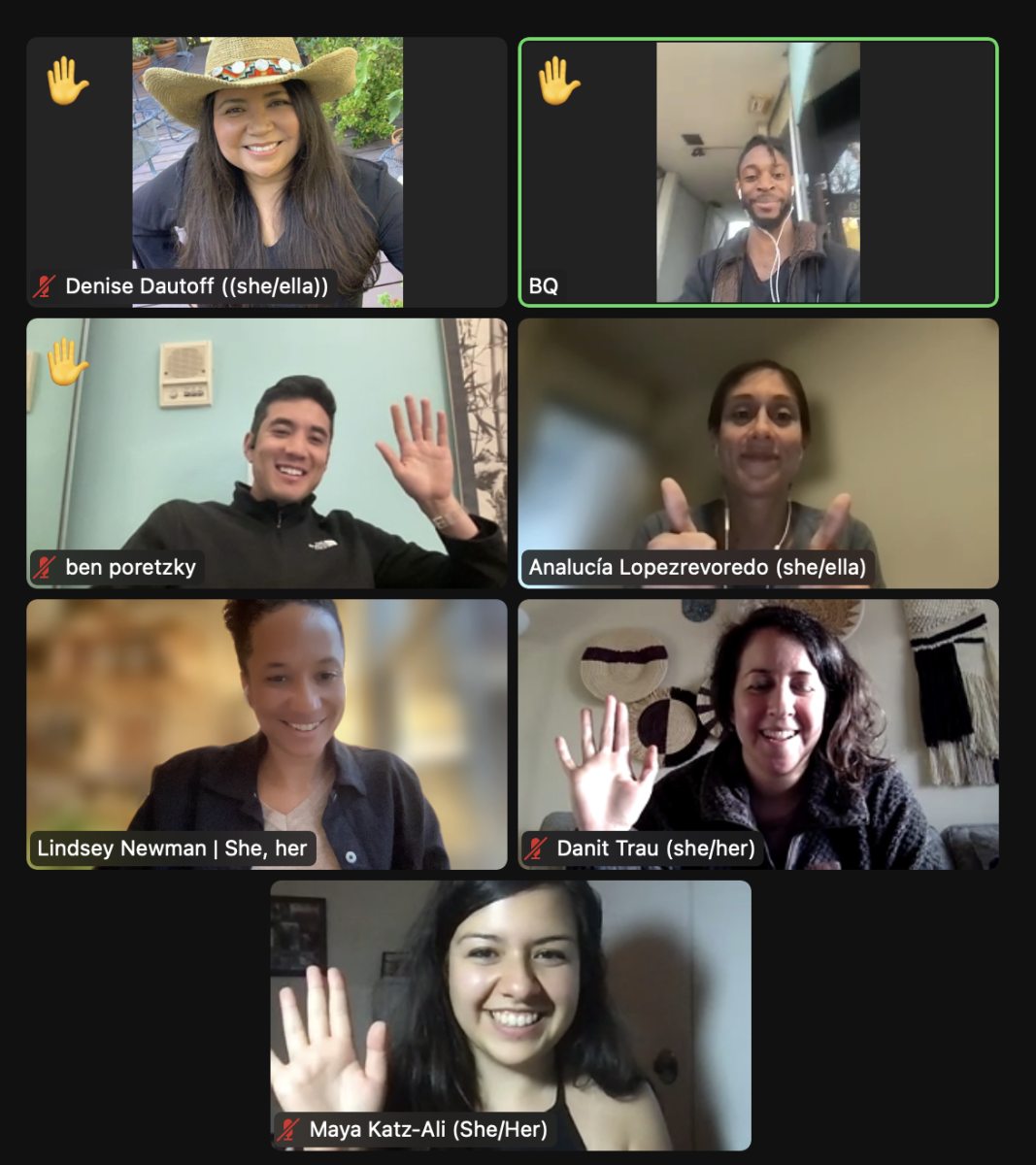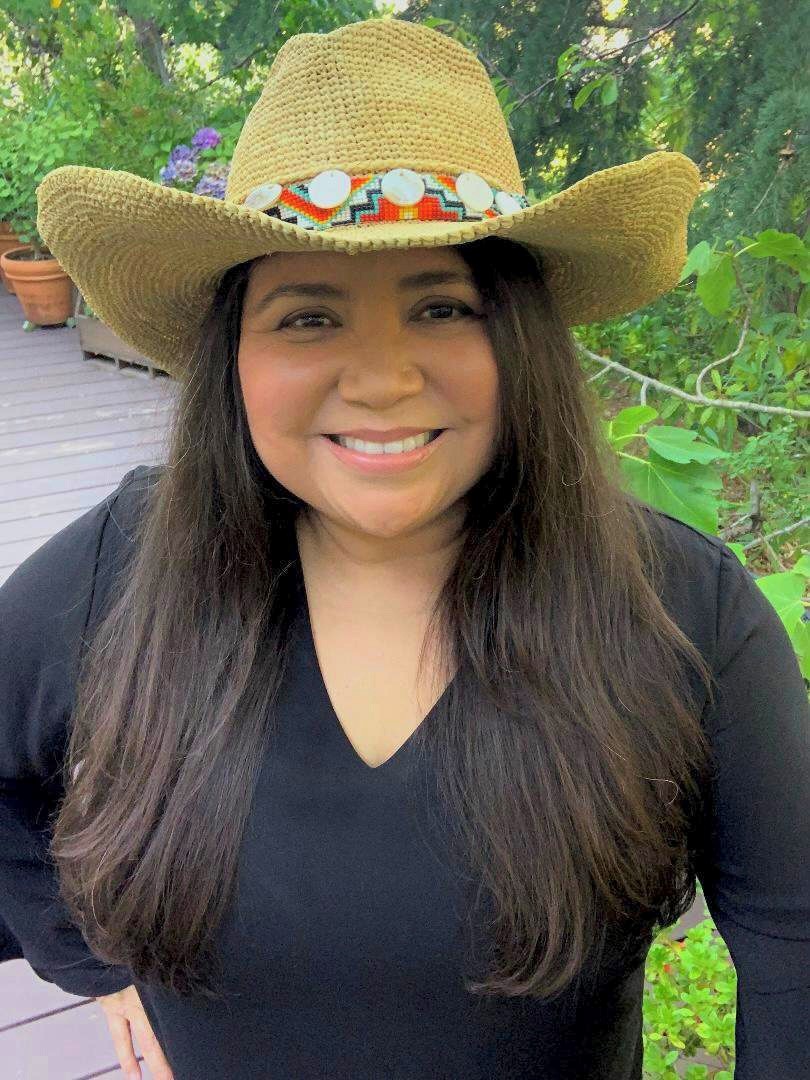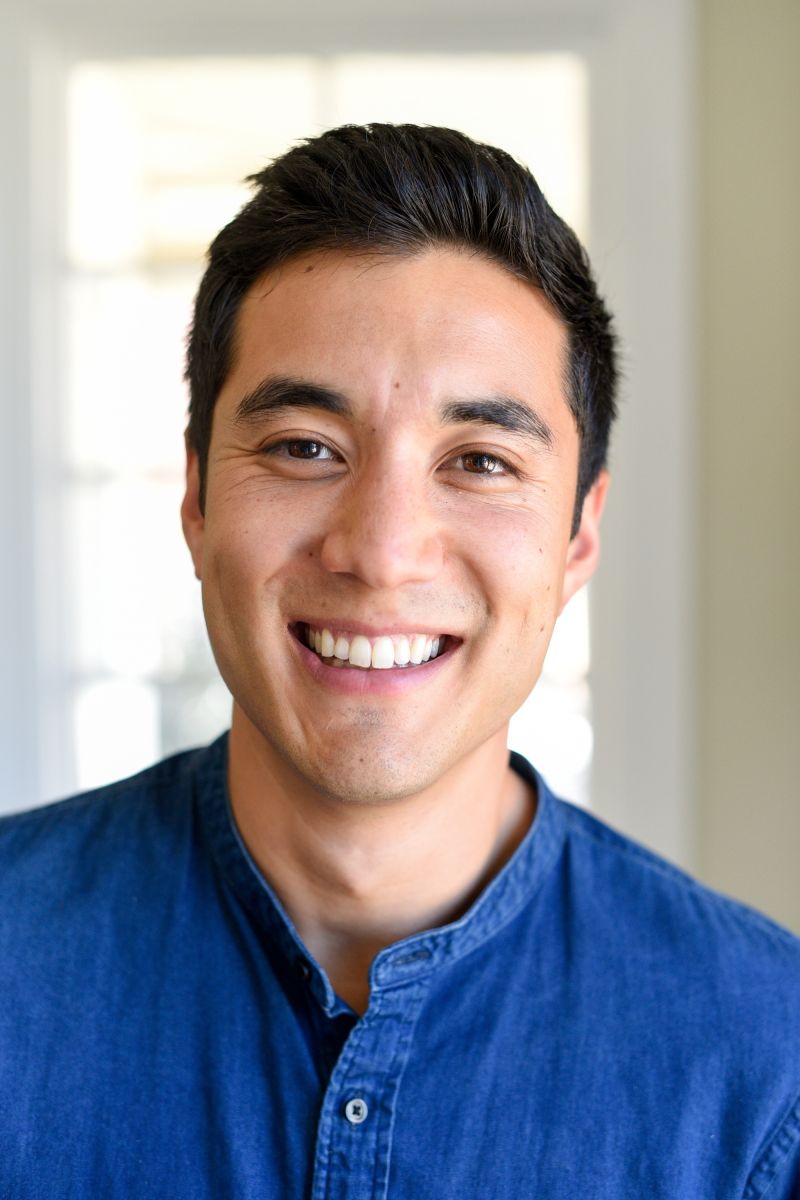Justice, Justice WE will Pursue.
A Peruvian, a Chilean, an American, a sociologist, and a Jew walked into a room.
And her name was Analucía Lopezrevoredo.
Analucia, the founder and executive director of Jewtina y Co. was soon joined by other members of the Tzedek Fund, a Federation giving circle sprung from the Racial Justice Task Force (RJTF) of which she is also a member. Her Tzedek Fund peers have origin stories that are every bit as compelling as hers. They are Jews of Color (JOC), working in fields that are as diverse as their ethnicities and cultural upbringings. They are Black, Asian, Indigenous, Latinx, Sephardic, Mizrahi, and mixed-race members of our community. Some are from the world of finance, some are educators, some have years of experience working within our community, and some hadn’t been involved in organized philanthropy until they entered the room.
They brought their hard-won insights and their desire to learn from one another, grow, and contribute.
With the guidance of Analucía who served as the group’s facilitator, and the ongoing support from the Federation’s Director of Collaborative Philanthropy, Danielle Meshorer, their monthly meetings led to the establishment of a mission and vision statement that encapsulated their shared values and reasons for being there.

Today, their common goal is to support like-minded community organizations while “increasing JOC-driven philanthropy to create new pathways for Jewish communal participation, advocacy, and collaboration.” Toward that end, the Tzedek Fund has given its first round of grants to six burgeoning Bay Area nonprofits: Dev/Mission, Canticle Farm, Jewtina y Co., LUNAR Collective, Mission Asset Fund, and Youth v Apocalypse.

Tzedek Fund co-chair
Like Analucía, Denise, a Mexican Indigenous JOC, has often felt “othered” and “witnessed what it looks like, what it feels like, and how detrimental it can be.” She realized her purpose is to “work toward a future where each of us can belong and thrive,” emphasizing that “to create a future of true belonging, we need to be seen, to be heard, to be respected, to be received and welcomed with dignity.”

Tzedek Fund member
Ben Poretzky’s professional path has taken him from tech giants like Facebook and Intuit to the community building space, where he has been active in Moishe House, a board member of Chochmat HaLev and co-founder of Kinhood, a men’s wellness organization. But his journey to the Tzedek Fund began in his home in Southern California where his Ashkenazi father and Chinese mother raised him. “I never saw my myself as an anomaly until I went to study in Yeshiva… Suddenly, I had rabbis questioning my mother's conversion in ways that they might not had I not appeared the way I do.” It soon became clear to Ben that the JOC experience can be very different from the “ashkenormative” one. So, when Analucía invited him to join the fund, it was a chance for him to contribute, learn, and truly belong.
The Tzedek Fund's initiatives are aligned with the recommendations put forth by the Federation’s Racial Justice Task Force and, with a three-year grant from the Endowment Committee, underscores our dedication to advancing racial justice within the community.
Creating a culture of belonging with a substantive representation of Jews of Color in our institutions is also at the heart of the RJTF’s work. First convened in the fall of 2020 and co-chaired by Lindsey Newman and Marc Dollinger, the RJTF drafted a charter and developed a “roadmap to articulate a vision, values, and intended outcomes for the Federation’s racial justice work, along with an initial set of key initiatives.”
“We're now in our third year of the RJTF, and we've had a pretty broad mandate in terms of everything being on the table in relation to a Federation that centers racial justice,” said Lindsey, who is Chair of the RJTF and a Federation board member. “We spent time thinking specifically about the board… and how it could become more racially diverse.” And in less than three years, Lindsey is glad to report that our Federation’s board has “one of the most racially diverse Federation boards in the country” that includes five board members of color.
Perhaps more than anything, the work of the RJTF is to “give agency to marginalized populations. And for JOC and people of color in our community to be part of decision-making and creating the path forward,” Lindsey said. “And the Tzedek Fund is a really great example of how we can make that real.”
For more information on the Tzedek Fund and the Racial Justice Task Force, please contact Danielle Meshorer at DanielleM@sfjcf.org


